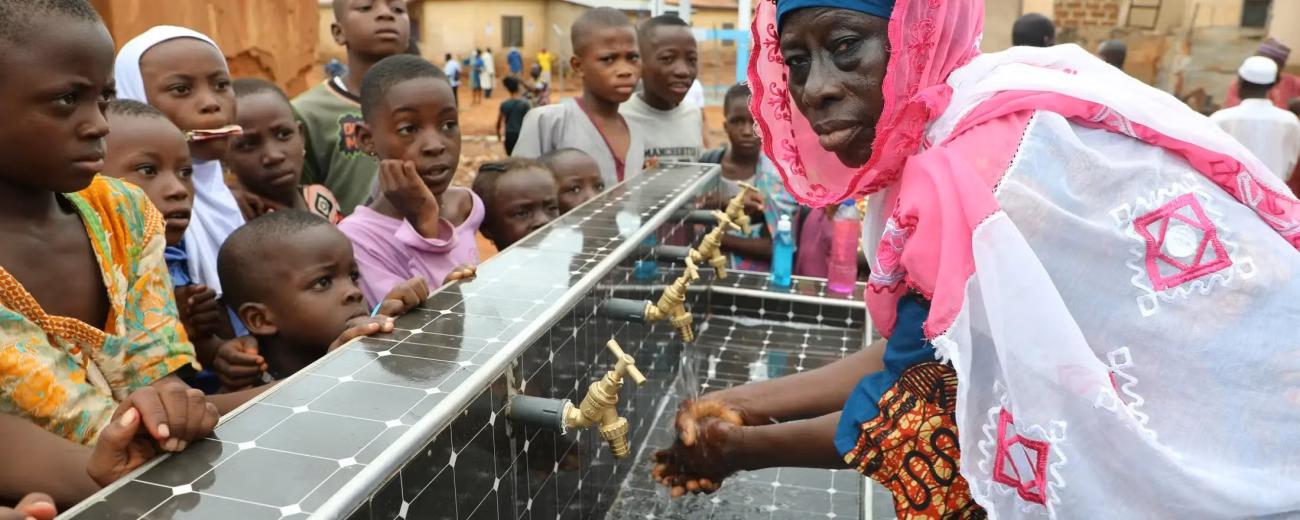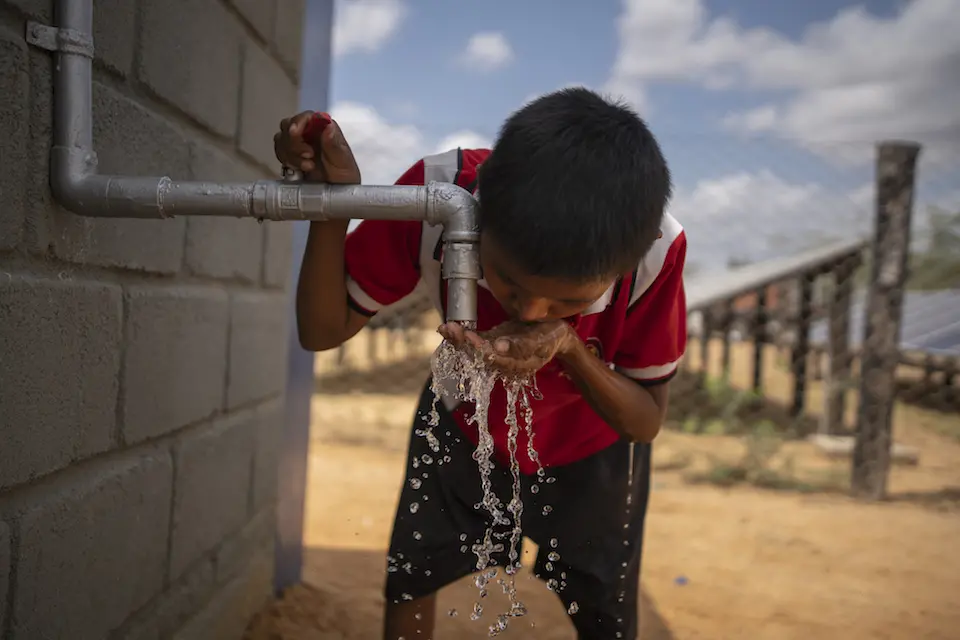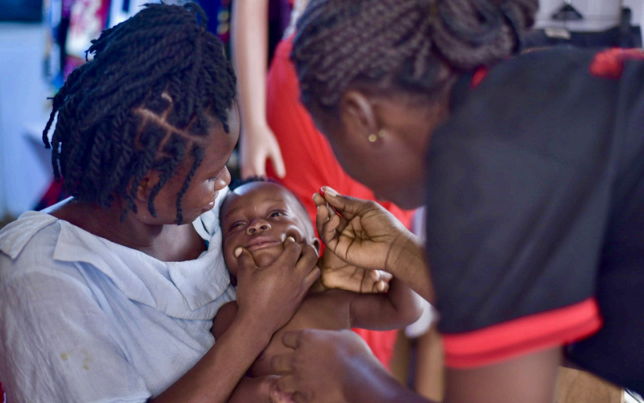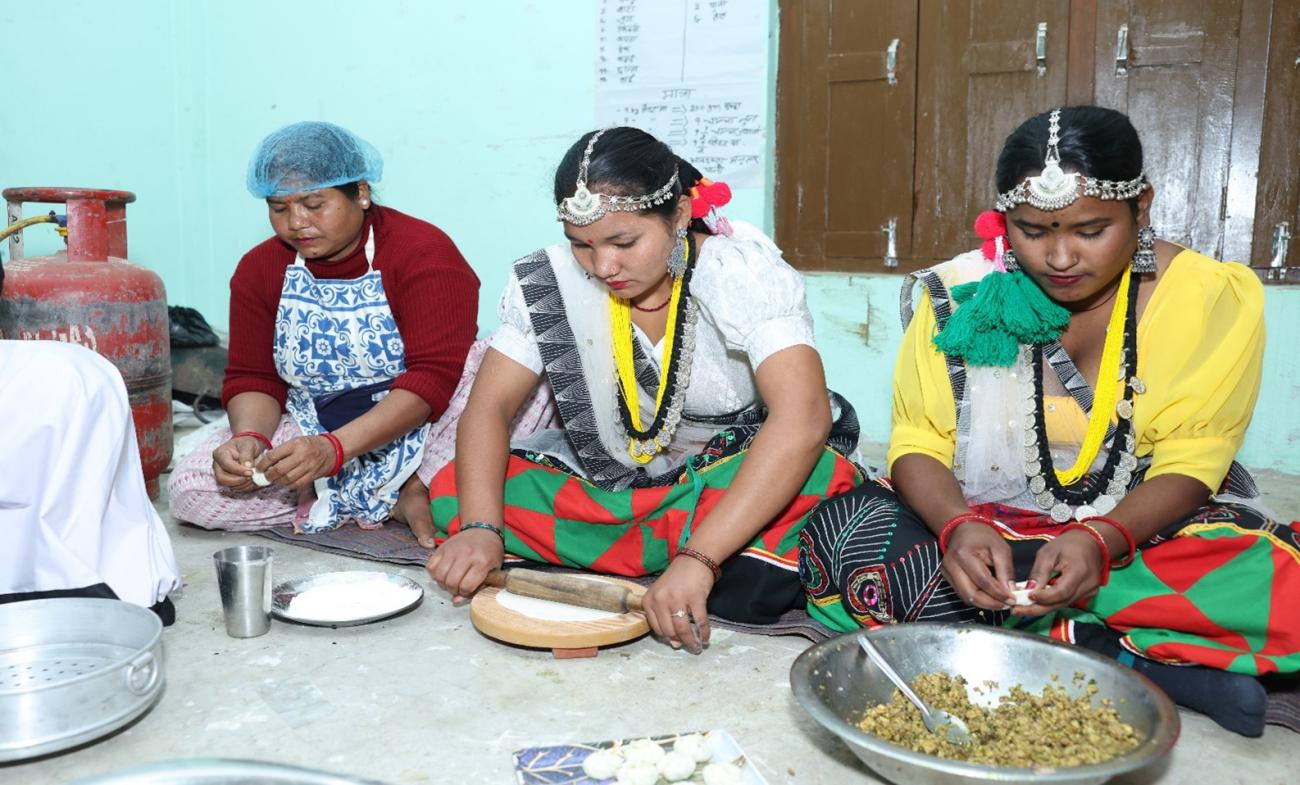Beyond Capitals: Financing the Frontlines of Sustainable Development

The world is at a turning point. From climate shocks to rising debt, conflict, and inequality, global challenges are becoming deeply local. And yet, the towns, villages, and cities tasked with delivering solutions are often left without the resources to act.
If the Sustainable Development Goals (SDGs) are to succeed, we must shift how development is financed—from top-down commitments to bottom-up delivery.
And when that shift happens, we see results:
- In Ghana, local governments increased tax revenue by 17.5 per cent with UN support—resources now improving services for millions.
- In Colombia, a UN-backed clean energy project with local governments co-created with Indigenous communities is bringing electricity and water to La Guajira.
- In Nepal, provinces are fixing broken food systems using tools like loan guarantees and performance-based financing with UN support.
These aren’t outliers. They’re early signals of what’s possible when funding reaches the frontlines.

The problem: Local mandates, no means
Local and regional governments are responsible for 65 per cent of SDG targets and 70 per cent of climate solutions. But in many countries, they have limited fiscal autonomy and little influence over how funds are allocated.
Their budgets typically rely on:
- Unpredictable transfers from national governments, often delayed or politically constrained.
- Own-source revenues such as local taxes and fees, which are limited by legal and institutional barriers.
Borrowing is rare, especially in low-income countries. Even when it’s legally allowed, few local authorities have the creditworthiness or systems in place to make it work.
In short: local governments are asked to drive the SDGs—with barely enough fuel to start the engine.
What needs to change
The Fourth International Conference on Financing for Development (FfD4) signals that the financing conversation must go local.
With 68 per cent of the population projected to live in urban areas by 2050, how do we ensure that everyone, including marginalized communities and slum dwellers, has access to safe housing, essential services, and economic opportunities? How do we ensure that the investments and gains for sustainable development reach every last corner?
This requires focusing on three critical shifts:
- Strengthen local revenue systems – Help local governments generate and manage their own funds, including digital tools, smarter taxation, and new models like community bonds or diaspora finance.
- Ensure stable and fair national-to-local transfers – Transfers must be reliable, transparent, and tied to long-term development goals—not short-term politics.
- Connect local authorities to global capital – From multilateral banks to private investors, development finance must stop bypassing the people and places who need it most.

UN teams: Unlocking local potential across 130 countries
Across the world, UN Country Teams—led by Resident Coordinators—are playing a catalytic role in transforming how development is financed and delivered.
In over 130 countries we are working side-by-side with governments to:
- Design and implement localized financing frameworks that align public, private, and international sources.
- Strengthen institutional capacity at the local level—from tax systems and budget planning to transparency and accountability.
- Connect local and regional governments to larger capital flows, including from Multilateral Development Banks and philanthropic sources.
At the World Urban Forum in Cairo, RCs called for deeper collaboration with development banks to unlock financing for local investments. Their message was clear: if we want global goals to succeed, local governments need to be at the heart of the financial architecture.
The UN’s role: A connector and catalyst
This work isn’t just about providing technical support. It’s about shifting the development paradigm—from global declarations to locally financed delivery. The UN is uniquely placed to connect the dots: between national governments, local authorities, communities, and global investors.
By building trust, data systems, and institutional capacity on the ground, UN teams are helping turn fragmented funding into coherent, locally owned investment strategies.

From global Declarations to local delivery
The Pact for the Future, adopted in 2024, set the stage for local governments to play a central role in achieving the SDGs. But mandates alone won’t get the job done. We need systems, financing, and accountability that enable real delivery on the ground.
This means:
- Reforming financing rules.
- Investing in local institutions and accountability.
- Treating local authorities as full partners, not junior implementers.
The SDGs can be won at the last mile—but only if we start putting the first dollars where they matter most.
This blog was jointly written by UN-Habitat's Regional Programme Division Director Erfan Ali and UN-DCO's Policy and Programming Director Helena Fraser.













